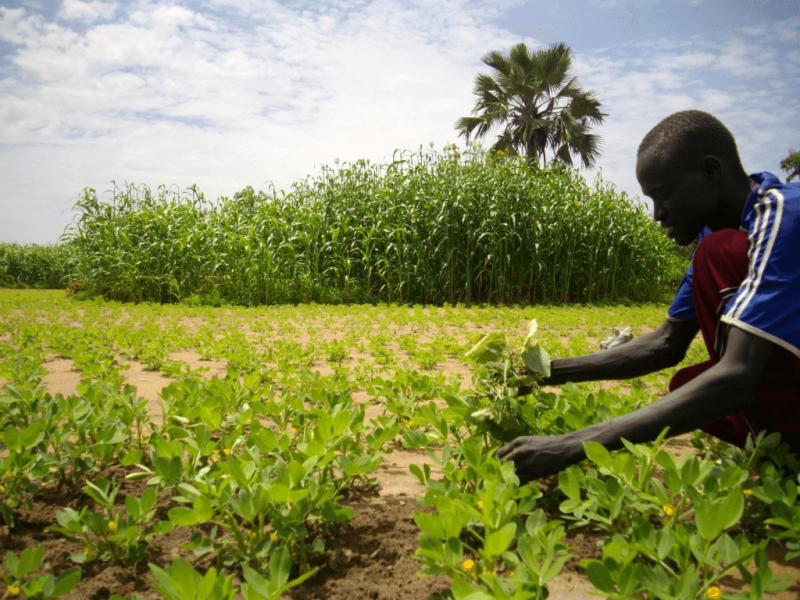Across the world, agricultural scientists are starting to work backward.
For years, they’ve seen how improved crop varieties — which take decades to produce in a lab — are rejected by the farmers who need them most. They might be pest-resistant, but take too long to cook. Drought-tolerant, but require expensive fertilizers. And high-yield, but with leaves that are too small to eat.
But now, many are shifting the way they design hybrid crops by involving farmers at the very start of the process instead of years after a solution has already been created by scientists in a lab.
Despite taking up just 12% of the world’s agricultural land, small-scale farmers produce over a third of the global food supply, according to the United Nations Food and Agriculture Organization. At the same time, these farmers — some 600 million globally — are particularly vulnerable to severe weather events. They’re also less likely to have fertilizers, equipment, and irrigation mechanisms to counter climate shocks.
But increasingly, the need to support these farmers is being recognized. Late last year, the Bill & Melinda Gates Foundation announced a $1.4 billion investment to help small-scale farmers adapt to climate change, funding that would double the foundation’s already-substantial investment in CGIAR’s agricultural programs.































